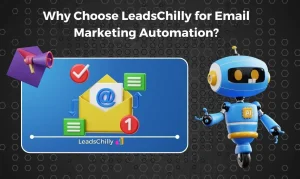It’s no secret that the strongest relationships are built on personal connections. Without a personal connection, relationships are usually short-lived and unfruitful for both parties. The same is true in marketing. According to SmarterHQ, “72% of consumers say they only engage with personalized messaging.” But how can you personalize at scale? Enter email marketing automation…










